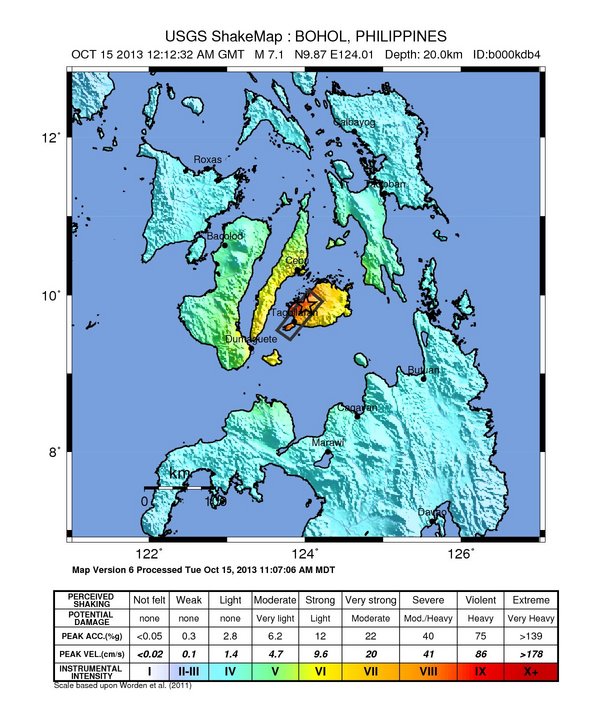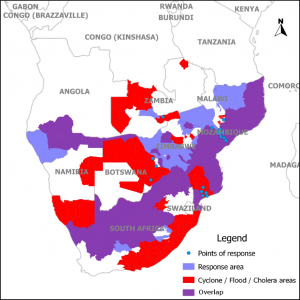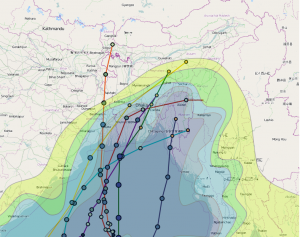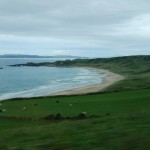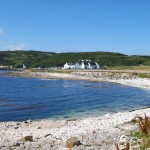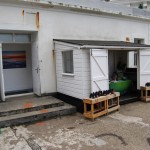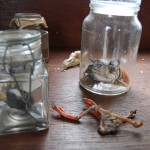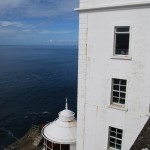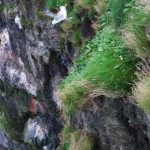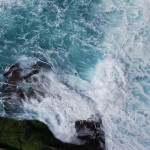I finally bid farewell to the team at the Big Issue Foundation a few weeks back, since which time I’ve been tinkering away at my final report. I’d wanted to get all my ideas nailed down before blogging my final post, hence why this one is coming a little late.
I had originally set out to calculate The Big Issue Foundation’s social return on investment, as explained briefly in my previous post. I started at TBIF with practically a layperson’s knowledge of their operations, being little more than an admirer of the magazine and its ethos. But over the course of the five or so weeks I spent working there, my understanding of how it functions and where it creates its social value developed greatly. So too did my understanding of the methods used to account for that value, but the two did not grow to match one another. The more I learnt of the Big Issue Foundation and its impact and the more I learnt of the methods used to translate this impact into financial terms, the more I found that these methods were woefully inadequate in capturing where, in my eyes, the true value lie.
How do you put a value on being there for somebody when their family and friends have left them for dead? How you do put a value on the patience and perseverance of the outreach team workers who, despite having to deal with abuse and relapse, never surrender in their bid to help vendors get their lives back on track? How do you put a value having someone to go with you to the dentist, for treatment that you badly need but haven’t sought out purely because you were scared to go? How do you put a value on being able to go out and do your job, feeling like you’re on top of your game, having had a free haircut and a shave? How do you put a value on rebuilding someone’s belief in society and in others, after they had felt so excluded and alone?
For me, the real value in TBIF’s work lay in ensuring those in crisis have that key human support they need at a time when they need it the most. For many of us, this support is so abundant that the thought of a world without it is practically unimaginable. It’s these interactions and these outcomes which, whilst they may not save the government a great deal of money, will bring more joy and happiness to these unstable individuals than I dare say any amount of money could bring to many of the rest of us.
Social return on investment evaluations serve a purpose and given the growth in social investment that purpose is growing in relevancy. But any evaluation fails to account for these benefits to the individual, which to somebody trying to get across the value of TBIF’s work such as myself seems at best flawed, at worst criminal. I’m not alone in this view: there is probably as much literature available that is critiques SROI approaches (or similar cost-benefit analyses) as offers guidance and I wonder if there will ever be suitable solution for the intractable problem of expressing the true value of different charities by means of a universal language. GiveWell, who rank charities based on lives saved per dollar spent, probably have the purest form of ranking but the fact that their system discriminates against the wealth of human needs is backed up by the fact that they recommend only three charities (across the globe) for sponsorship.
Now, having done my research, TBIF can say that given £1 today, they can create £1.45 of social change within twelve months, which makes for a useful tool in fundraising (although, to my knowledge, there is little scope for them to seek funding via SIBs in the near future).
At the time of writing the last post, I had SROI stars in my eyes but now I’m unsure if their adoption long term will prove healthy. For some, the access to funding will provide a stepping-stone to greater things, but is a charity sector driven by results, blurring the line between intended beneficiaries and data points, a step for the better?
I started out asking if you could express social change in financial terms and, if so, how well. Now I find myself wondering if you should. In any case, my faith in human charity remains undiminished, moreover strengthened by what I’ve seen from my time at TBIF. Come what may, it’s reassuring to know that there will still be organisations like TBIF constantly pushing themselves to tackle social exclusion.
I had a whale of a time working at TBIF and I only hope that my contribution will prove useful. I’ve got to say a big thank you to Silja and Richard and to the rest of the team, Moira, Alan, Carolina, Stephen, Emma, Kathryn and Anna, who all made my short stay so enjoyable and who were so generous with their time. I’ve come out having seen a whole different side of the world – a far cry from what life on campus can lull you into thinking the real world is like – and that I wouldn’t have ordinarily seen were it not for Charity Insights.
It’s only been two weeks but I’m missing the place already!
Read Getting to the Heart of TBIF’s Social Value in full
